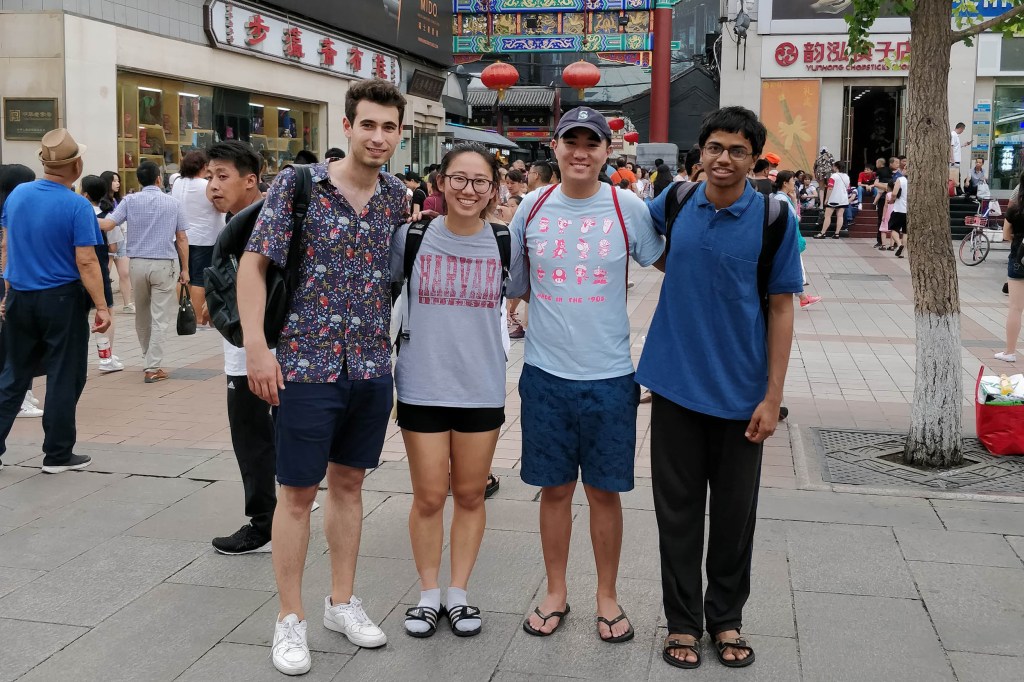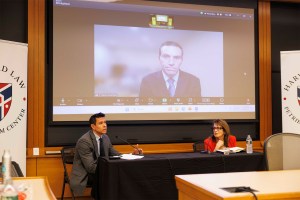Science & Tech
-

Harsh past might bare its teeth
Early adversity leads to higher aggression and fearfulness in adult canines, study says

-

What will AI mean for humanity?
Scholars from range of disciplines see red flags, possibilities ahead
-

‘Human exceptionalism is at the root of the ecological crisis’
Saving the planet requires getting over ourselves, argues author of ‘The Arrogant Ape’
-
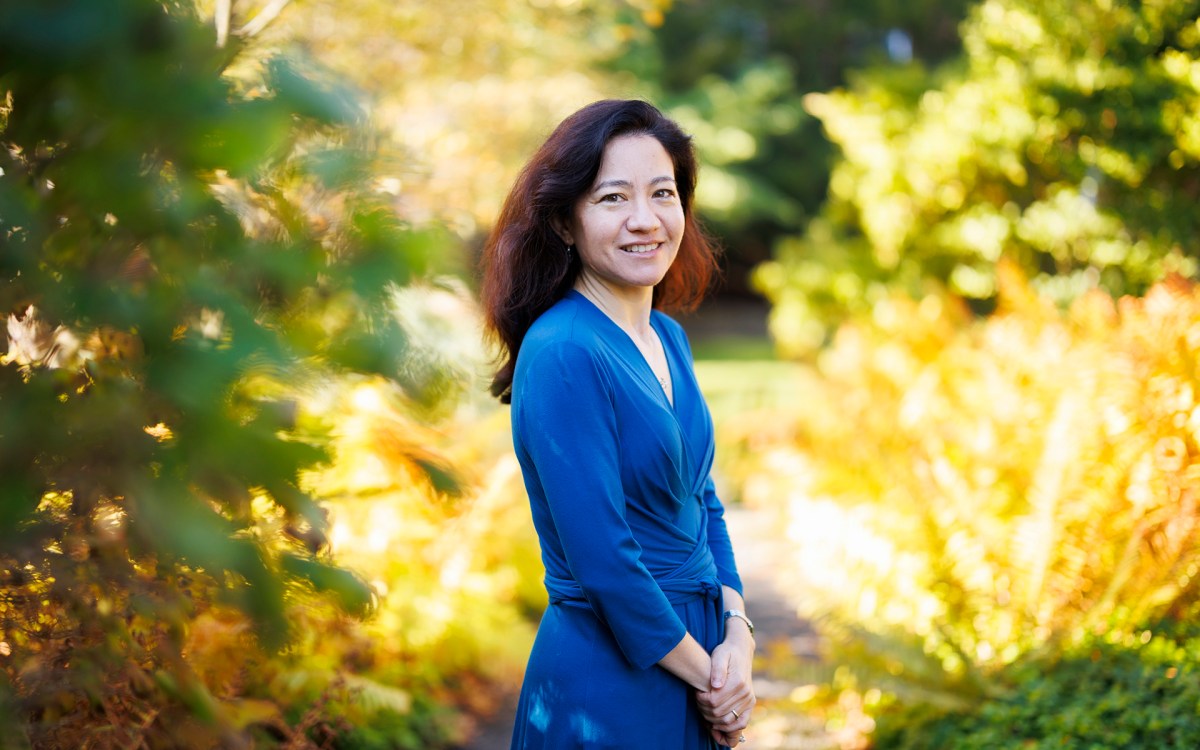
Lauren Williams awarded MacArthur ‘genius grant’
Math professor honored for theoretical breakthroughs with sometimes surprising applications across phenomena such as tsunamis, traffic
-
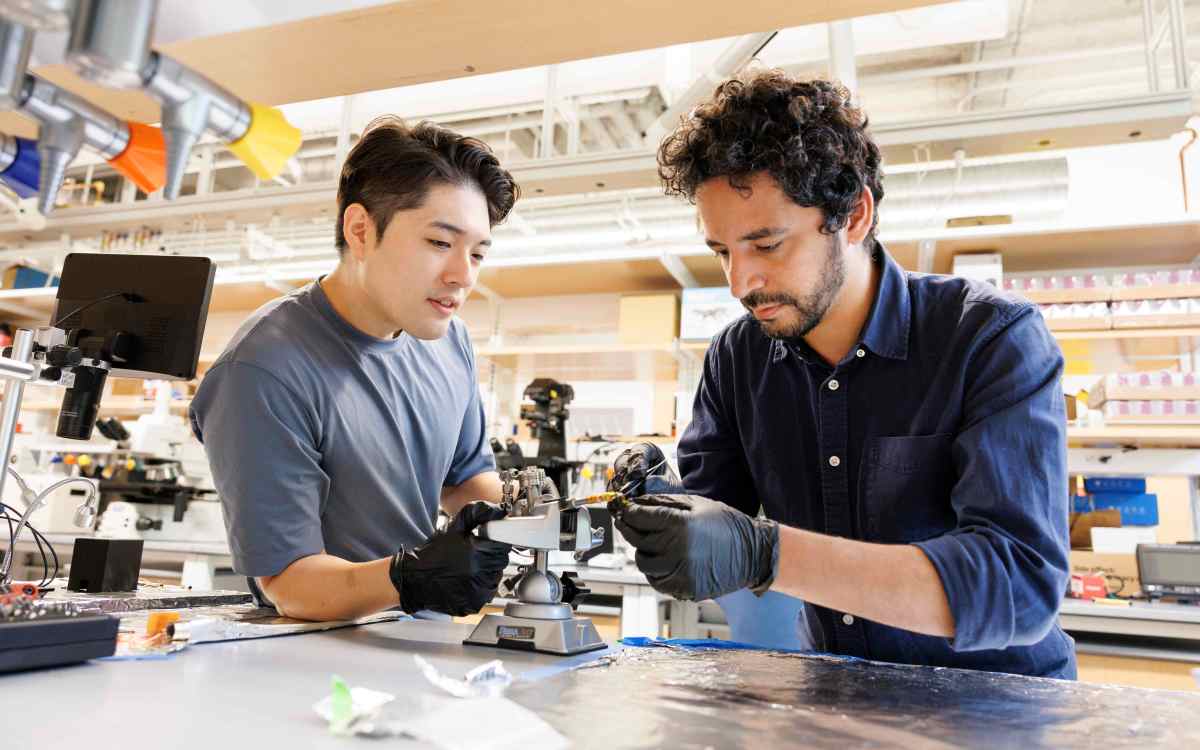
-
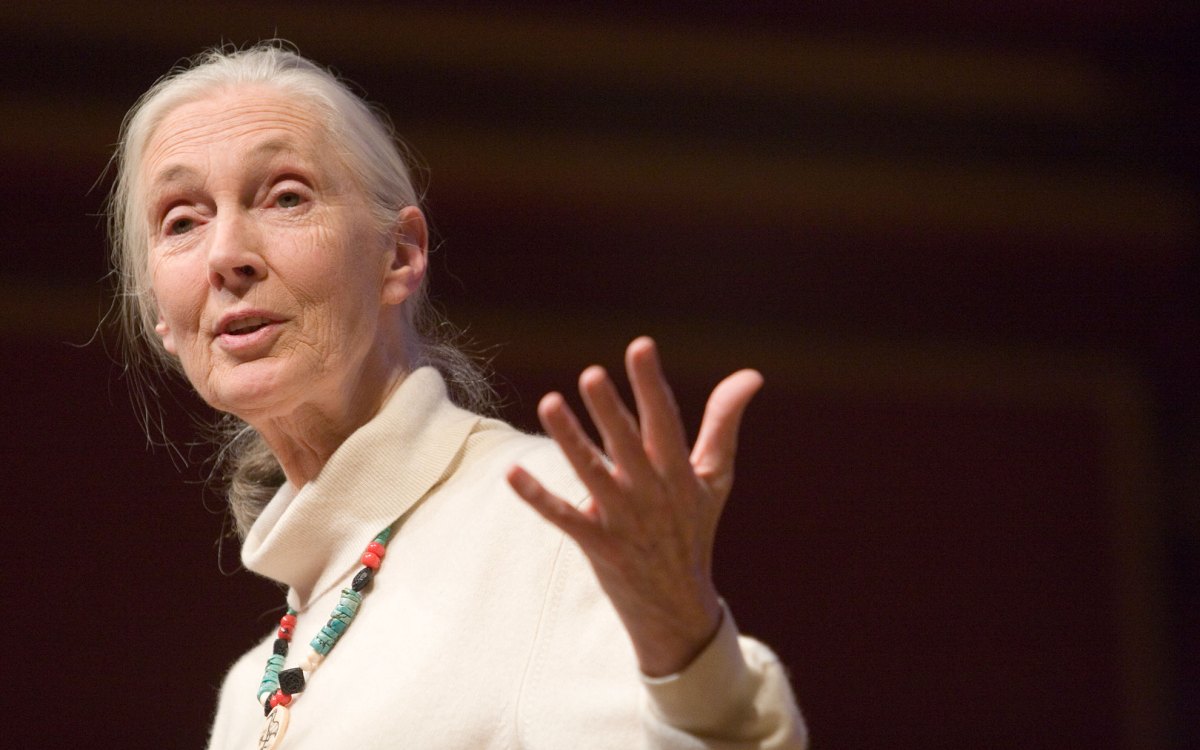
‘She had a sense of caring for everybody that she encountered.’
Richard Wrangham remembers his teacher and colleague Jane Goodall as a force of science, empathy, and hope
-
Life, with another ingredient
In a paper published in PNAS, Jack W. Szostak, professor of chemistry and chemical biology at Harvard, along with graduate student Seohyun (Chris) Kim, suggest that RNA could have started with a different set of nucleotide bases. In place of guanine, RNA could have relied on a surrogate, inosine.
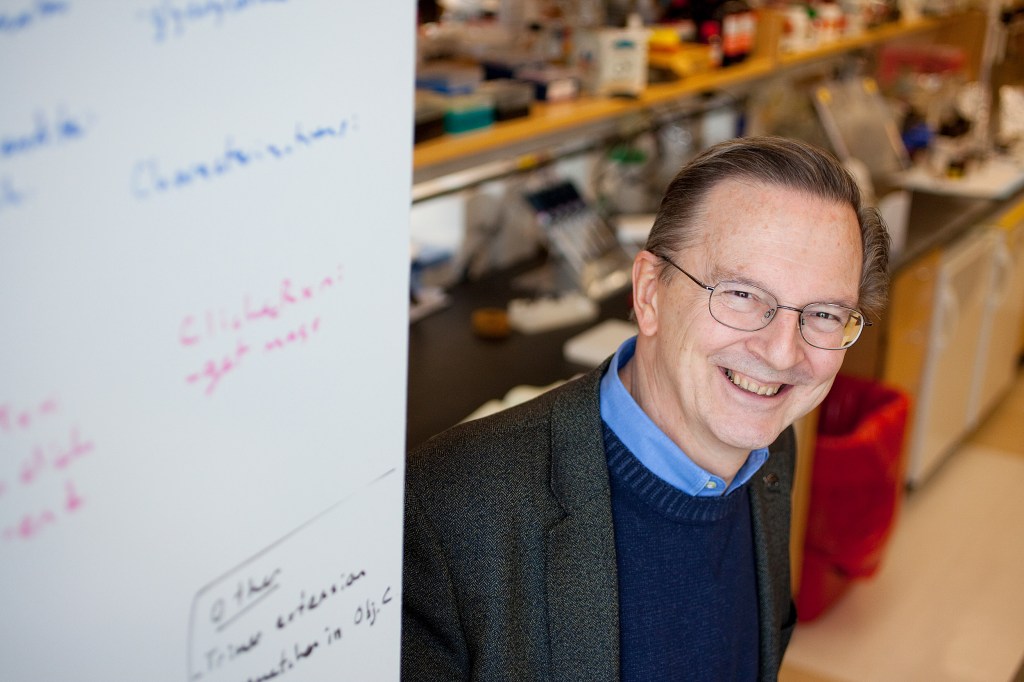
-
Replacing hard parts in soft robots
Harvard scientists have created a soft valve that could replace “hard” valves and lead to the creation of entirely soft robots. The valve’s structure can also be used to produce unique, oscillatory behavior.
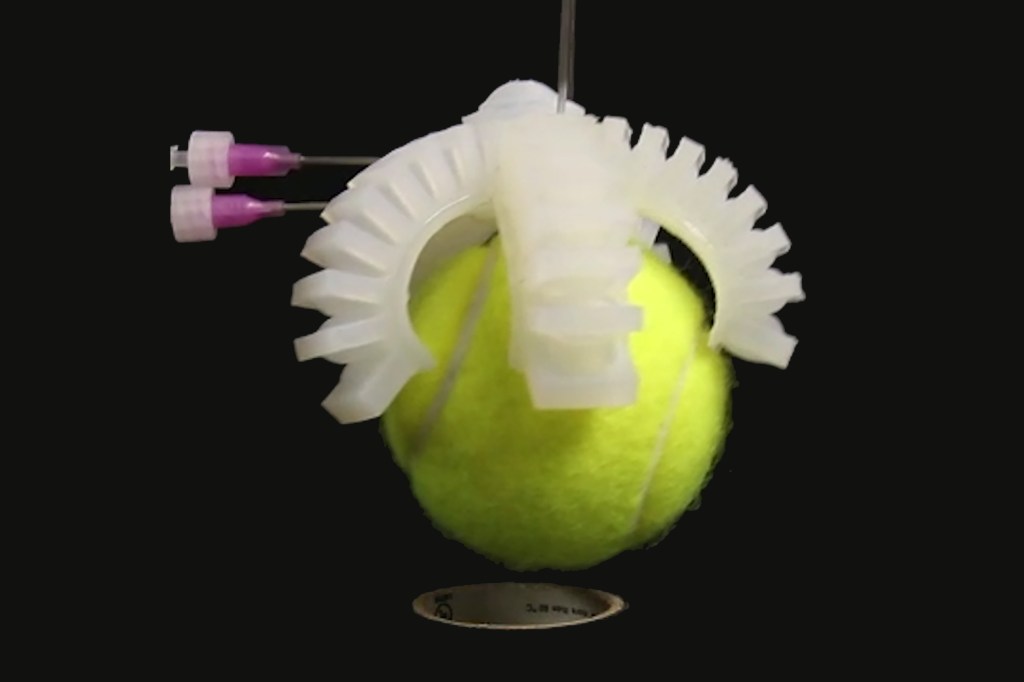
-
Reading teeth
By examining the teeth of Neanderthal infants, a team of researchers was able to glean insight into nursing and weaning behavior as well as winter and summer cycles. The study even found evidence that the Neanderthals had been exposed to lead — the earliest such exposure ever recorded in any human ancestor.
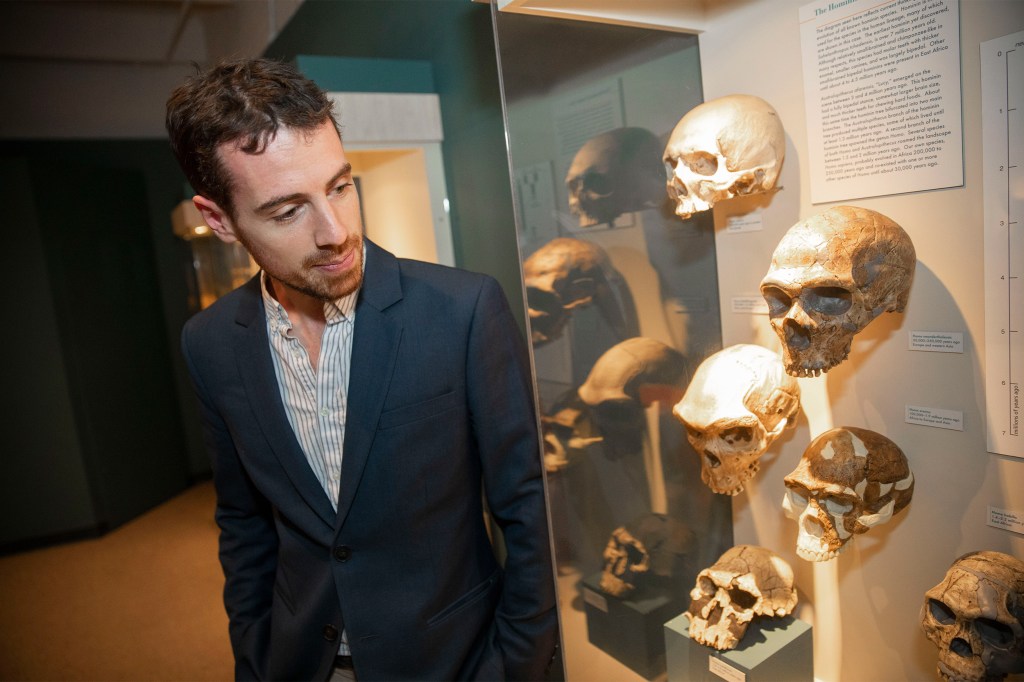
-
How mammals grew diverse
Using a detailed, musculoskeletal model of an echidna forelimb, Harvard scientists are not only shedding light on how the little-studied echidna’s forelimbs work, but also opening a window into understanding how extinct mammals might have used those limbs.
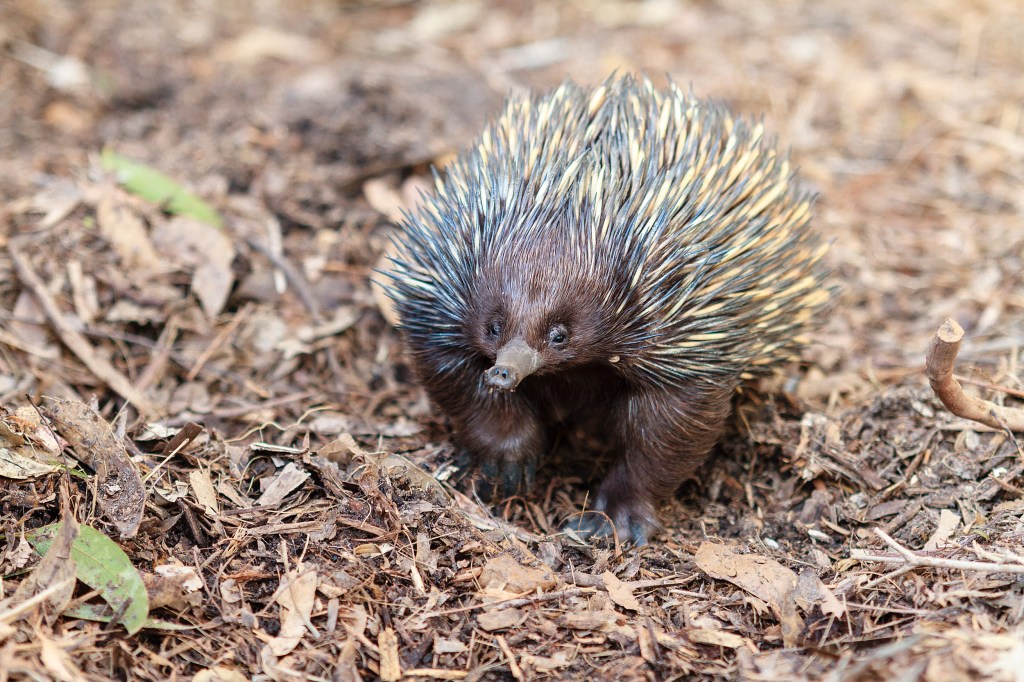
-
Shining a light on quantum bits
A Ph.D. student working in the lab of Professor Mikhail Lukin, co-director of the Quantum Science and Engineering Initiative, has demonstrated a method for engineering an interaction between two qubits using photons.

-
Picturing early Mars
Professor Robin Wordsworth explains why the just-announced landing site for the 2020 Mars rover mission has a lot to offer SEAS researchers.

-
Yeasts get a boost from solar power
Harvard researchers have started to combine bacteria with semiconductor technology that, similar to solar panels on a roof, harvests energy from light and, when coupled to the microbes’ surface, boosts their biosynthetic potential.
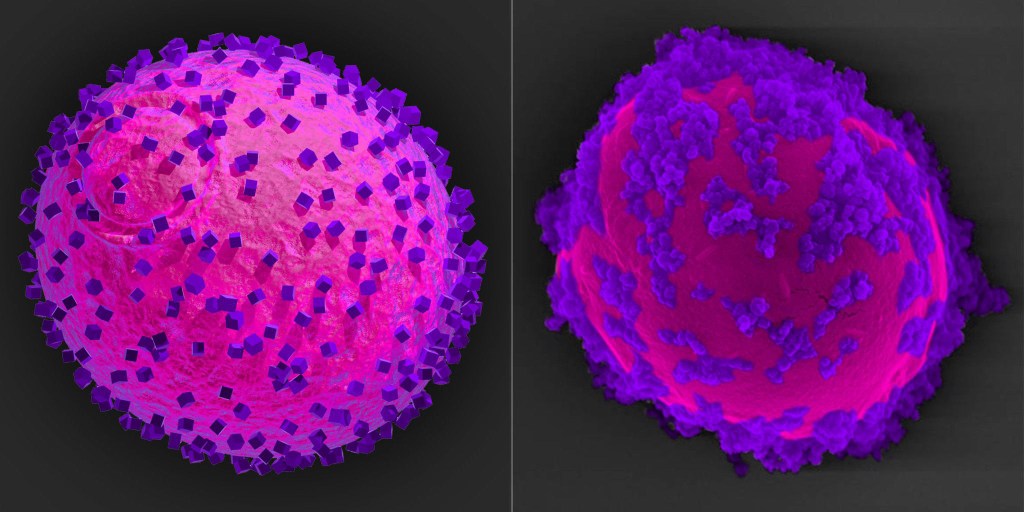
-
Cultivating a wider role for women scientists
A tiny seed has already changed the careers of the Arnold Arboretum’s Tiffany Enzenbacher and Kea Woodruff, and it may one day bear fruit in an example of flora rescued from extinction— and a growing space for women in science.
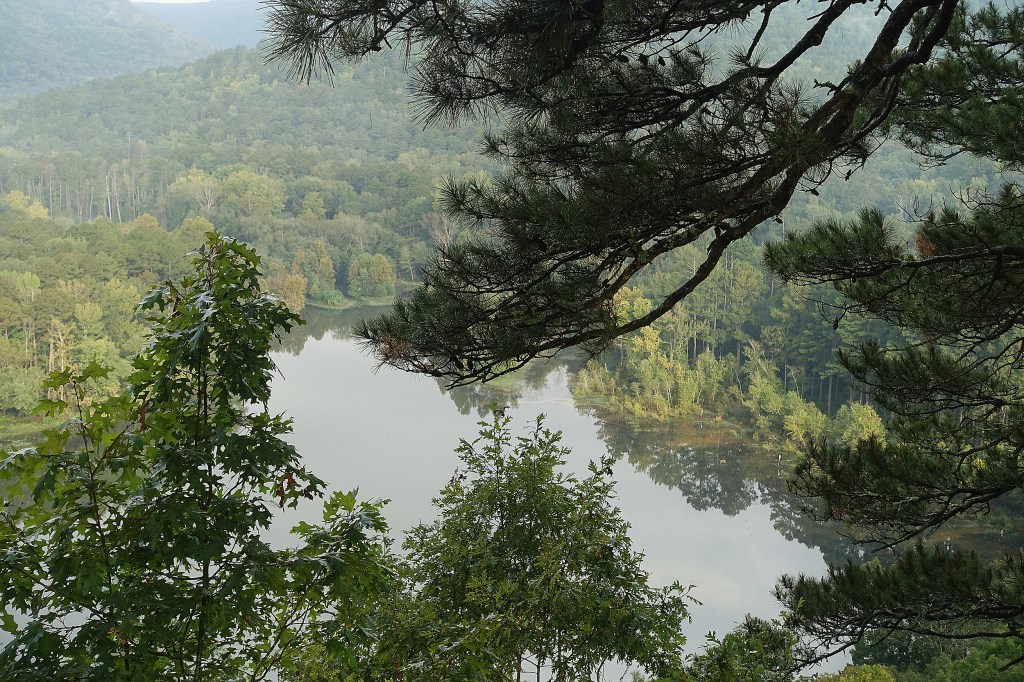
-
Critical collections
Harvard researchers contribute to the preservation of museum specimens, marking the collections’ importance in a special journal released Nov. 19.
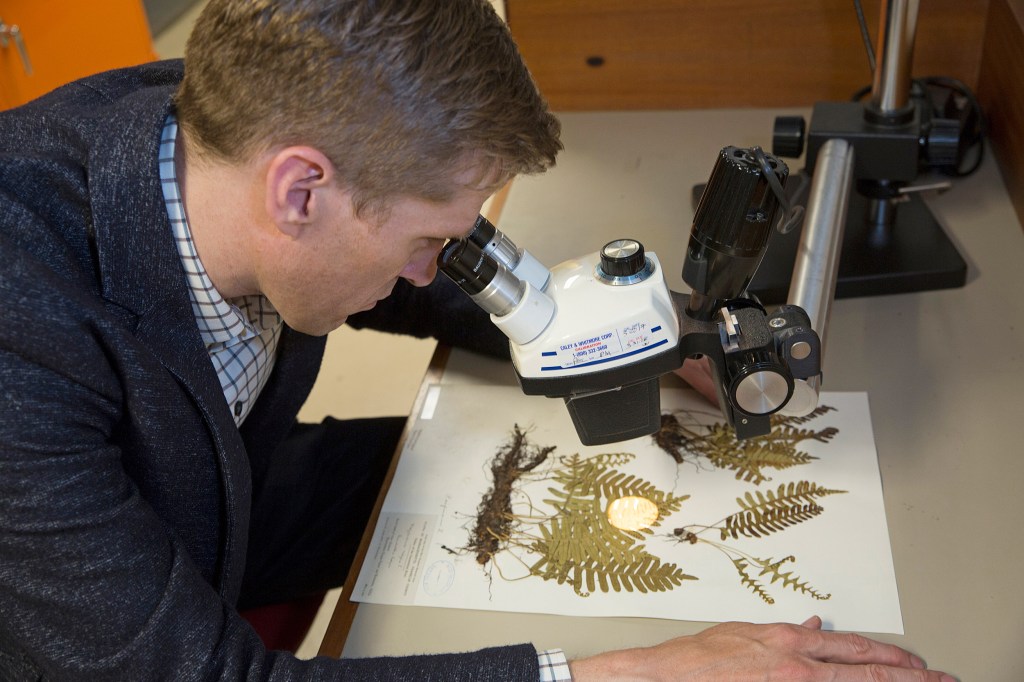
-
Something weird this way comes
A paper by Harvard researchers wonders whether the interstellar object known as “‘Oumuamua” is a visitor from an alien civilization.

-
Fish teeth mark periods of evolution
Based on close examination of thousands of fossilized fish teeth, a Harvard researcher found that, while the asteroid impact that killed off the dinosaurs did lead to the extinction of some fish species, it also set the stage for two periods of rapid evolution among marine life.
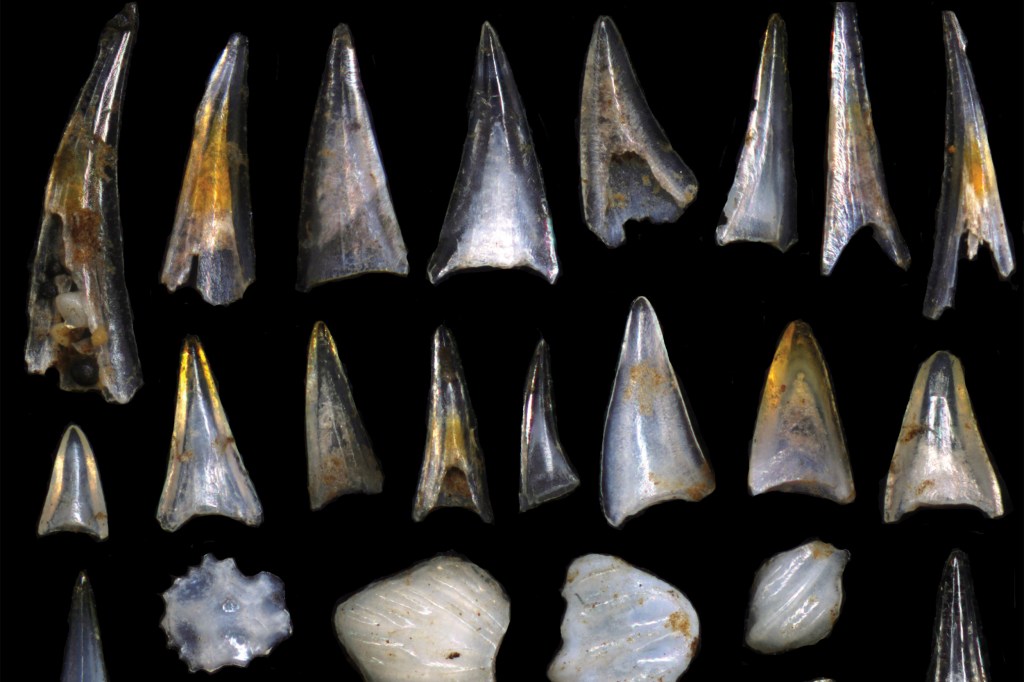
-
Bees on the brink
Using an innovative robotic platform to observe bees’ behavior, Harvard researchers showed that, following exposure to a commonly used class of pesticides, bees spent less time nursing larvae and were less social than other bees.
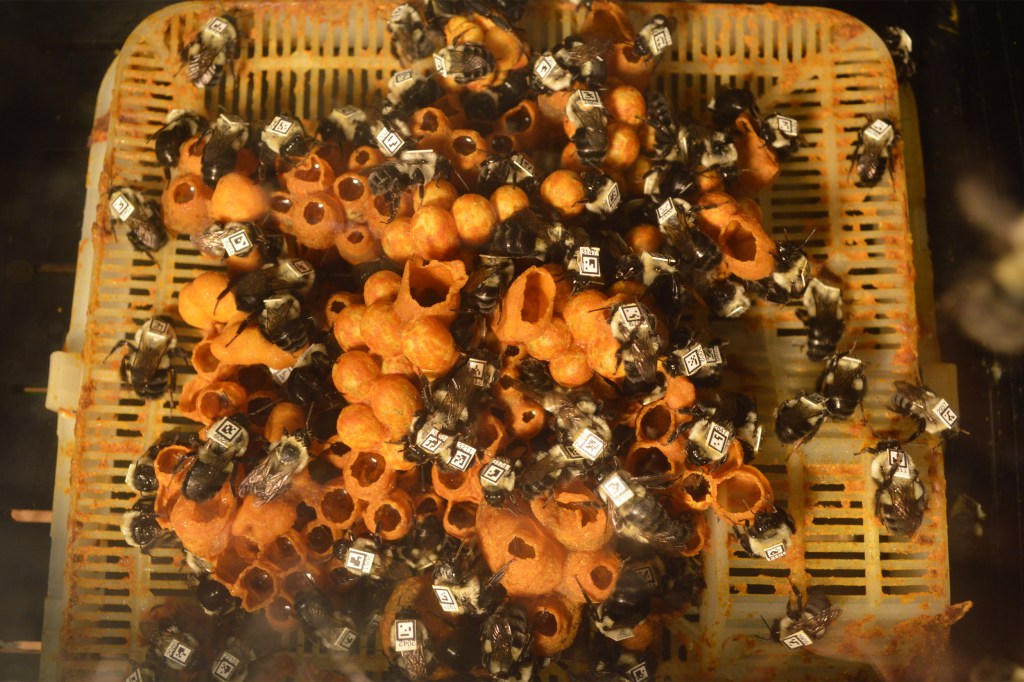
-
Harvard’s quantum leap
By pairing quantum science exploration with solution-driven quantum engineering the new Harvard Quantum Initiative, aims to raise the bar across higher education, industry, and government research to progress quantum science and engineering and educate the future workforce.
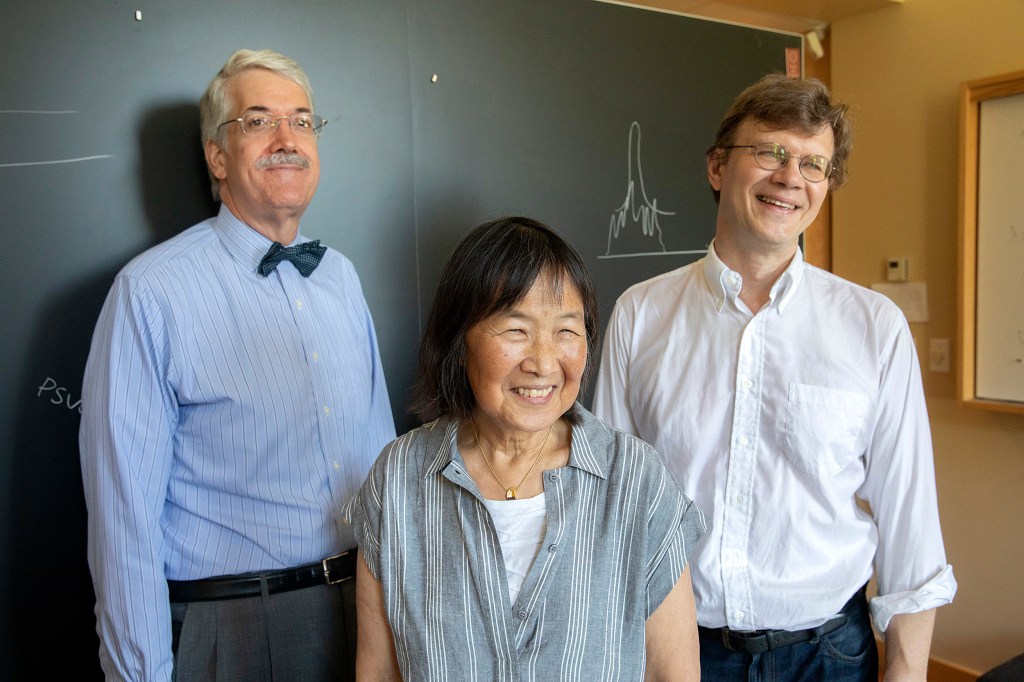
-
Filtering liquids with liquids
Liquid-gated membranes filter nanoclay particles out of water with twofold higher efficiency and nearly threefold longer time to foul, and reduce the pressure required for filtration over conventional membranes.
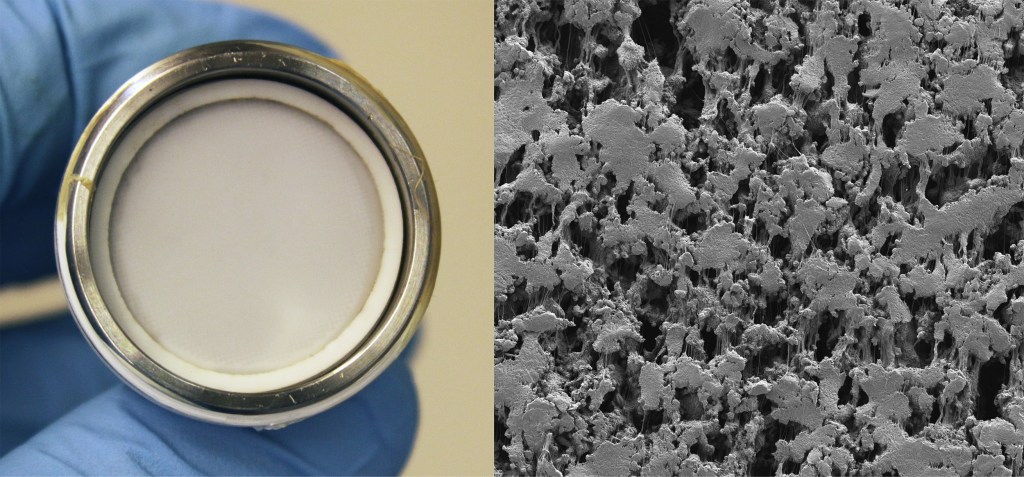
-
Turning tide on greenhouse gases
Emissions from power plants and heavy industry, rather than spewing into the atmosphere, could be captured and chemically transformed from greenhouse gases like carbon dioxide into industrial fuels or chemicals thanks to a system developed by Harvard researchers.
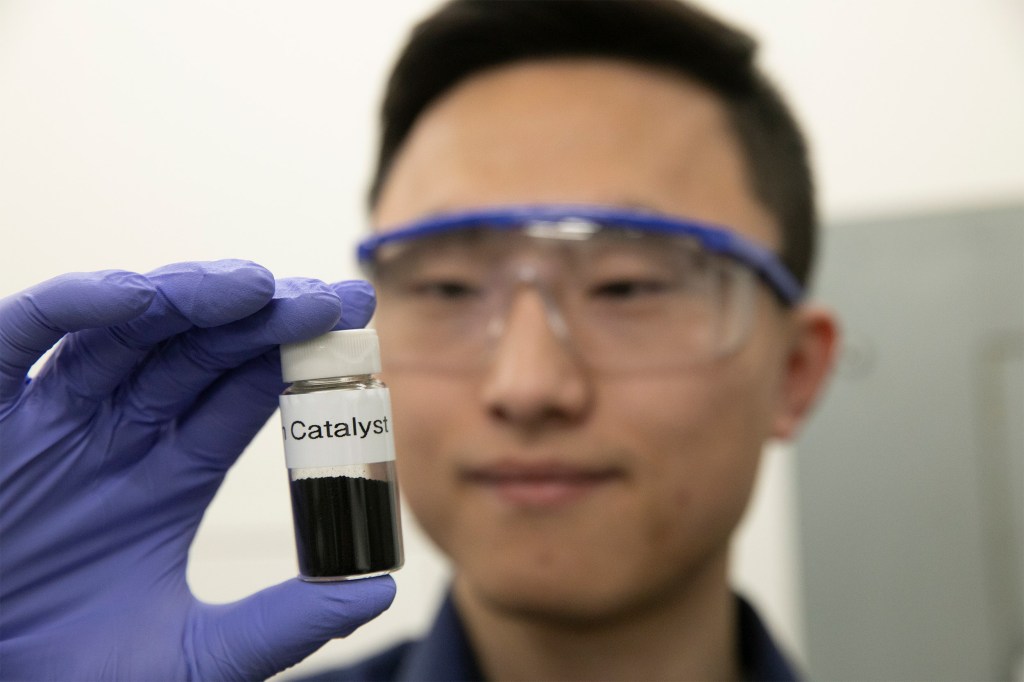
-
Seeing cell membranes in new light
Harvard’s Adam Cohen is the lead author of a new study that challenges conventional theories about the fluid nature of cell membranes and how they react to tension.
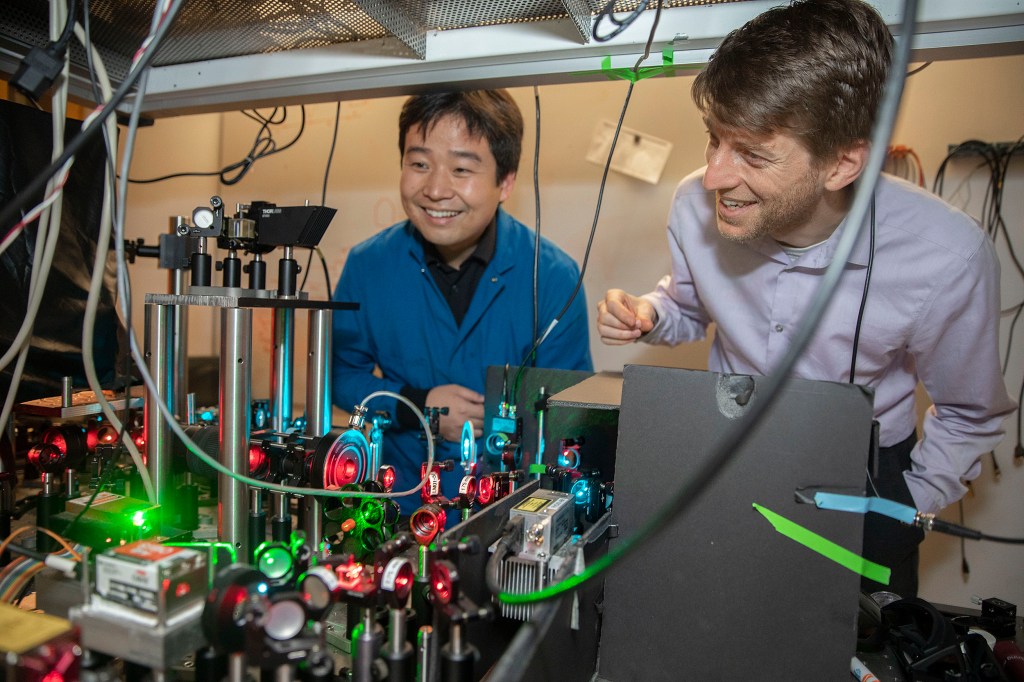
-
Correcting a lack of cooperation
While some social networks have been shown to intrinsically lead to cooperation, others been shown to not only lead to a breakdown in cooperation, but produce outright spite.

-
Changing temperatures boost U.S. corn yield — for now
Increased production of corn in the U.S. has been credited largely to advances in farming technology, but new research shows that changing temperatures play a significant role in crop yield.

-
Is anybody out there?
SETI astronomer Jill Tarter was among the speakers at this year’s Radcliffe science symposium, “The Undiscovered.”

-
Electrons, up really close
Working in a basement lab at Harvard, a group of researchers led by John Doyle, the Henry B. Silsbee Professor of Physics, have been part of a team making the most precise measurement of the shape of the field around an electron. The results suggest that some theories for what lies beyond the standard model of physics need to return to the drawing board.
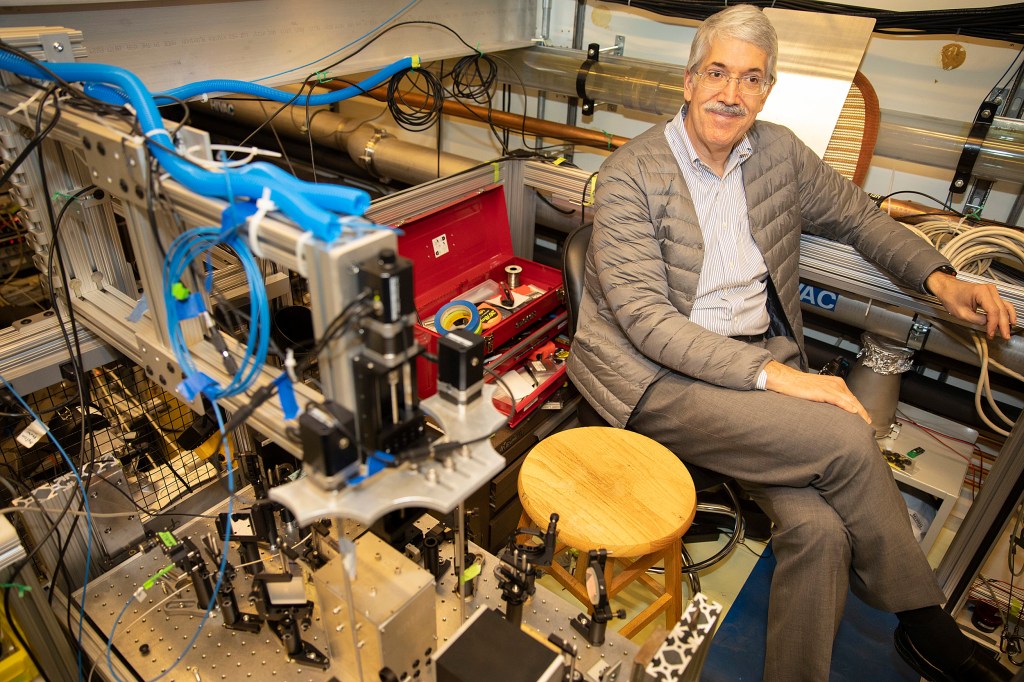
-
A measure of success for groundwater storage
A recent study used seismic noise to measure the size and water levels in underground aquifers, focusing on California’s San Gabriel Valley aquifer, which had to meet the demands of 1 million people during a five-year drought.
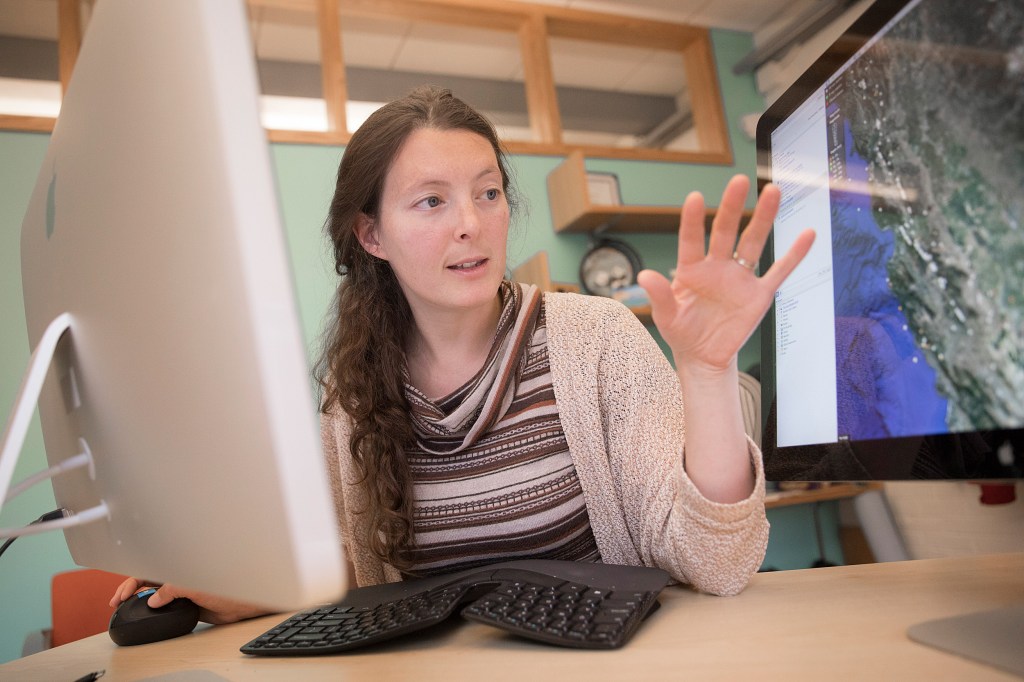
-
Breaking down backbones
Harvard scientists are using the fossil record and a close examination of the vertebrae of thousands of modern animals to understand how and when specialized regions in the spines of mammals developed.
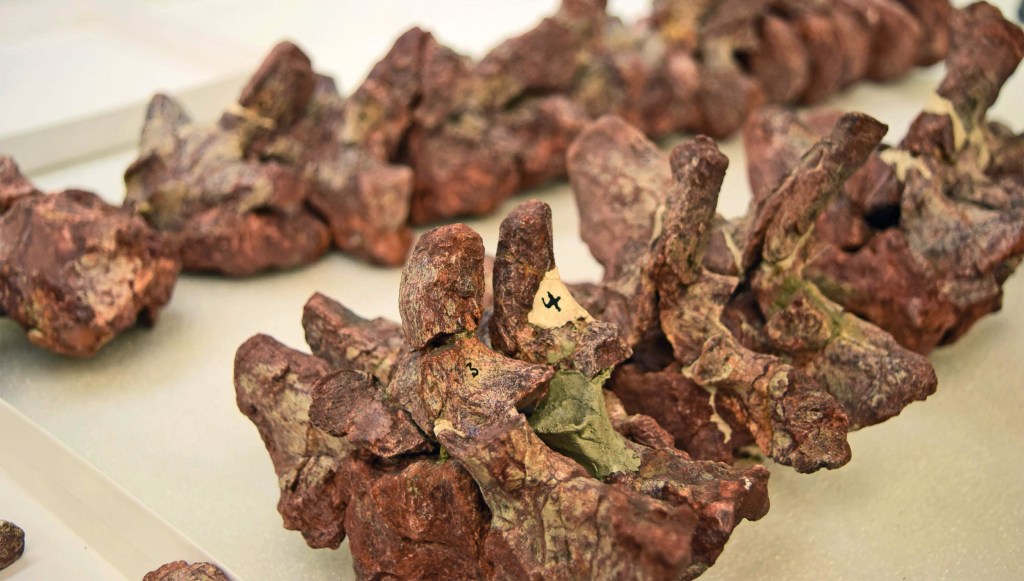
-
New tool aids in sensing magnetic fields
In their quest to build a tool that uses atomic-scale impurities in diamonds to sense magnetic fields, a pair of Ph.D. candidates from the Graduate School of Arts and Sciences have developed a method that can simultaneously detect magnetic fields in various directions: “It’s like listening to four FM radio stations at once and having it all make sense.”
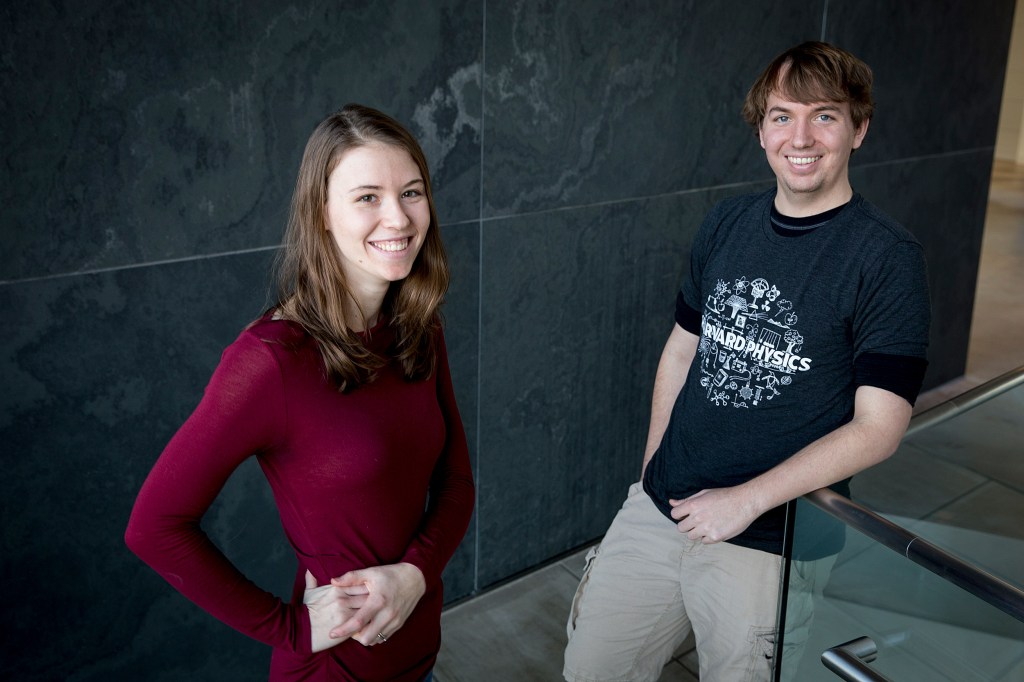
-
The down side to wind power
Researchers have determined that large-scale wind power would require more land and cause more environmental impact than previously thought.

-
A cautionary tale for Silicon Valley
John Carreyrou, the reporter who broke the story about the problems of the blood-testing company Theranos, explains the rise and fall of the Silicon Valley firm, and sees it as a cautionary tale.
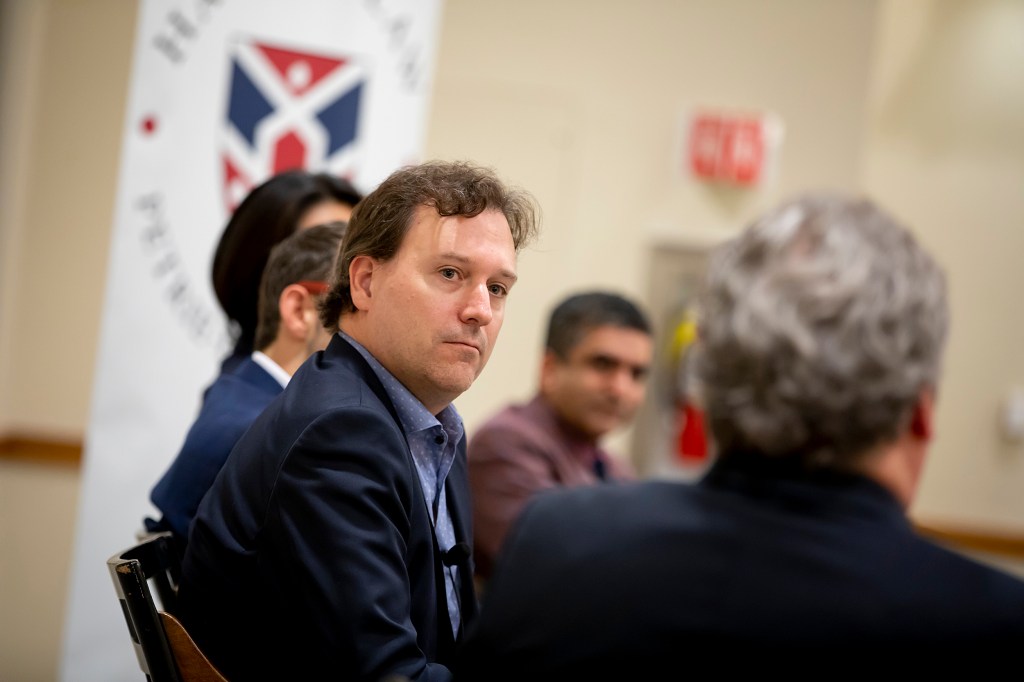
-
Crunch time for the human race
Astrophysicist and cosmologist Martin Rees discusses his new book, “On the Future: Prospects for Humanity,” and shares his thoughts on climate change, artificial intelligence, robotics, and more.
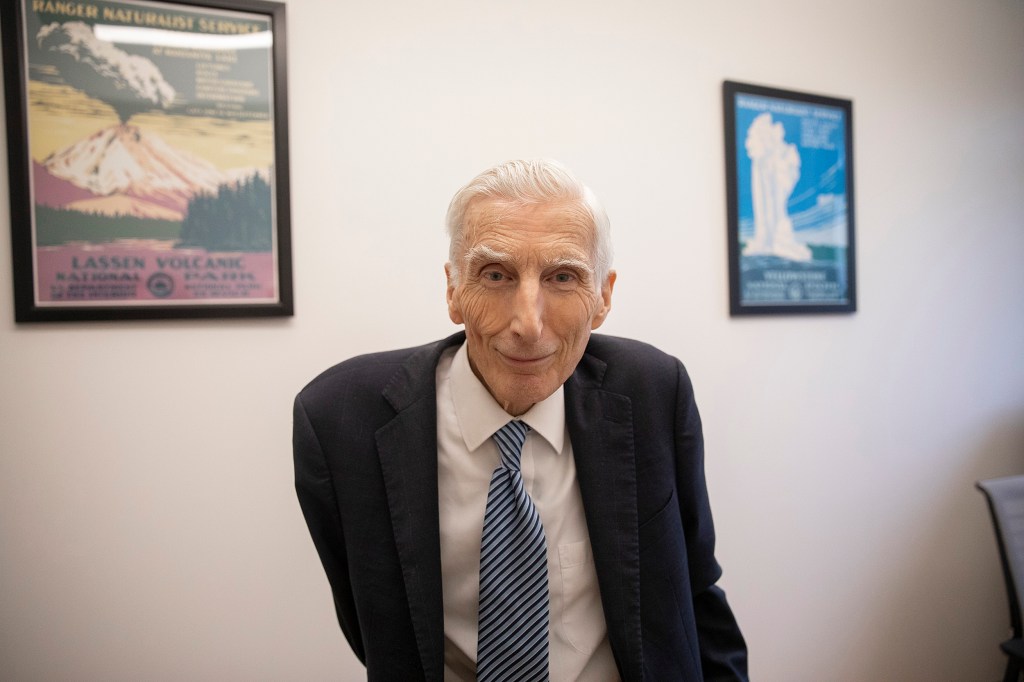
-
Soft robotic arm acts as extension of human hand
Scientists at the Wyss Institute and colleagues have created a highly flexible soft robotic arm, giving biologists intuitive control over a module by wearing a glove equipped with wireless soft sensors that respond to their own hand and finger movements.
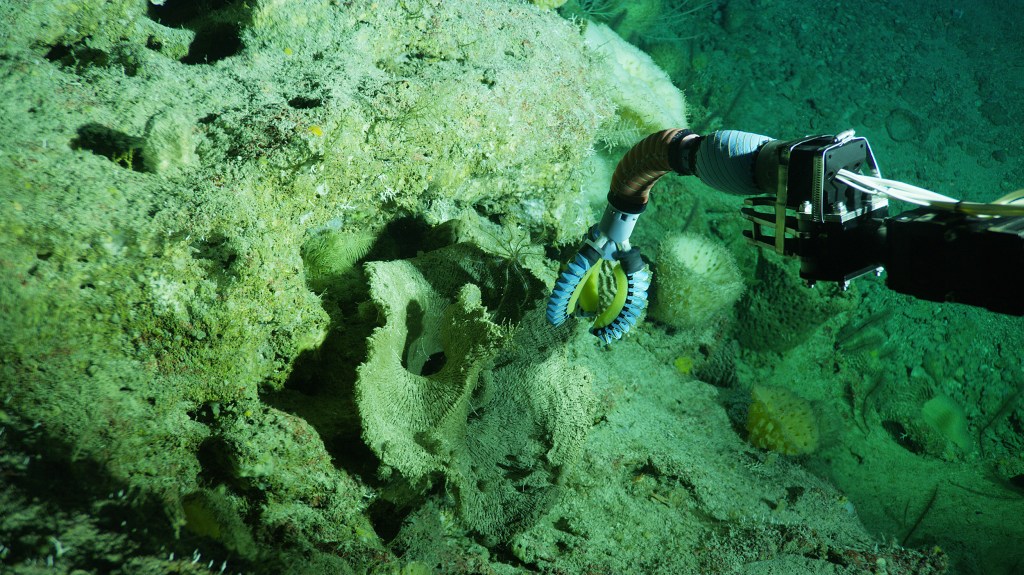
-
Why your online data isn’t safe
With a spate of massive data privacy breaches in the last two years, Harvard Law Professor Urs Gasser, executive director of the Berkman Klein Center, discusses whether regulating big tech is the answer.

-
Pitcher plants build own communities
Harvard research has shown that the “miniature ecosystems” housed in pitcher plants from opposite sides of the world are strikingly similar, suggesting that there may be something about the plants themselves that drives the formation of those communities.
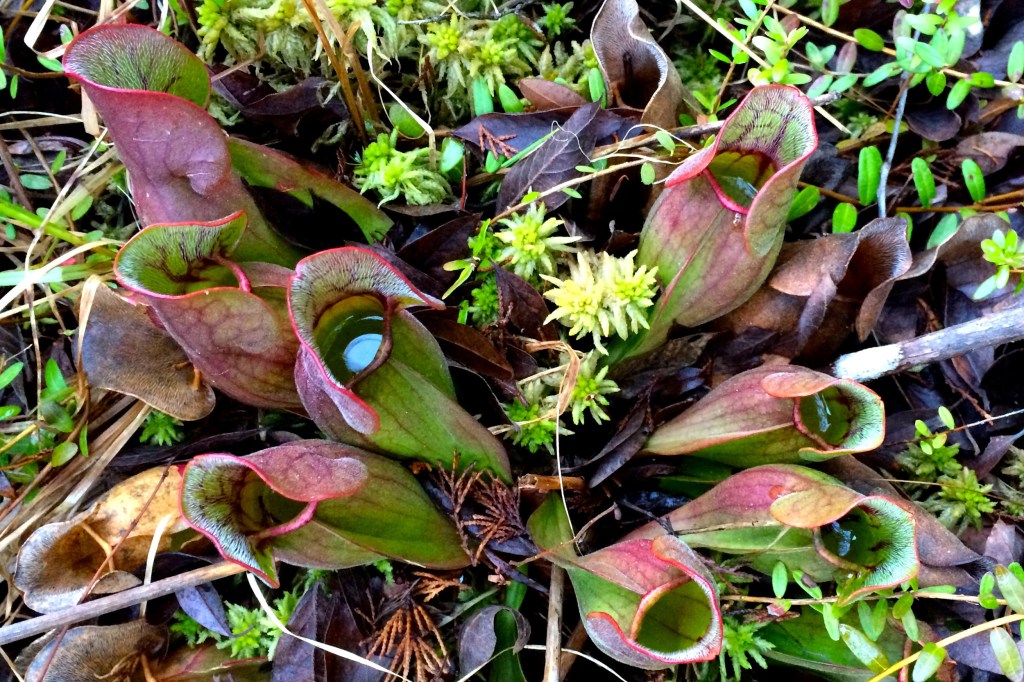
-
Studying environmental issues in China
A group of Harvard undergraduatess interested in fighting environmental decline spent the summer studying China’s problems and working alongside scholars whose efforts are directed at a host of issues.
